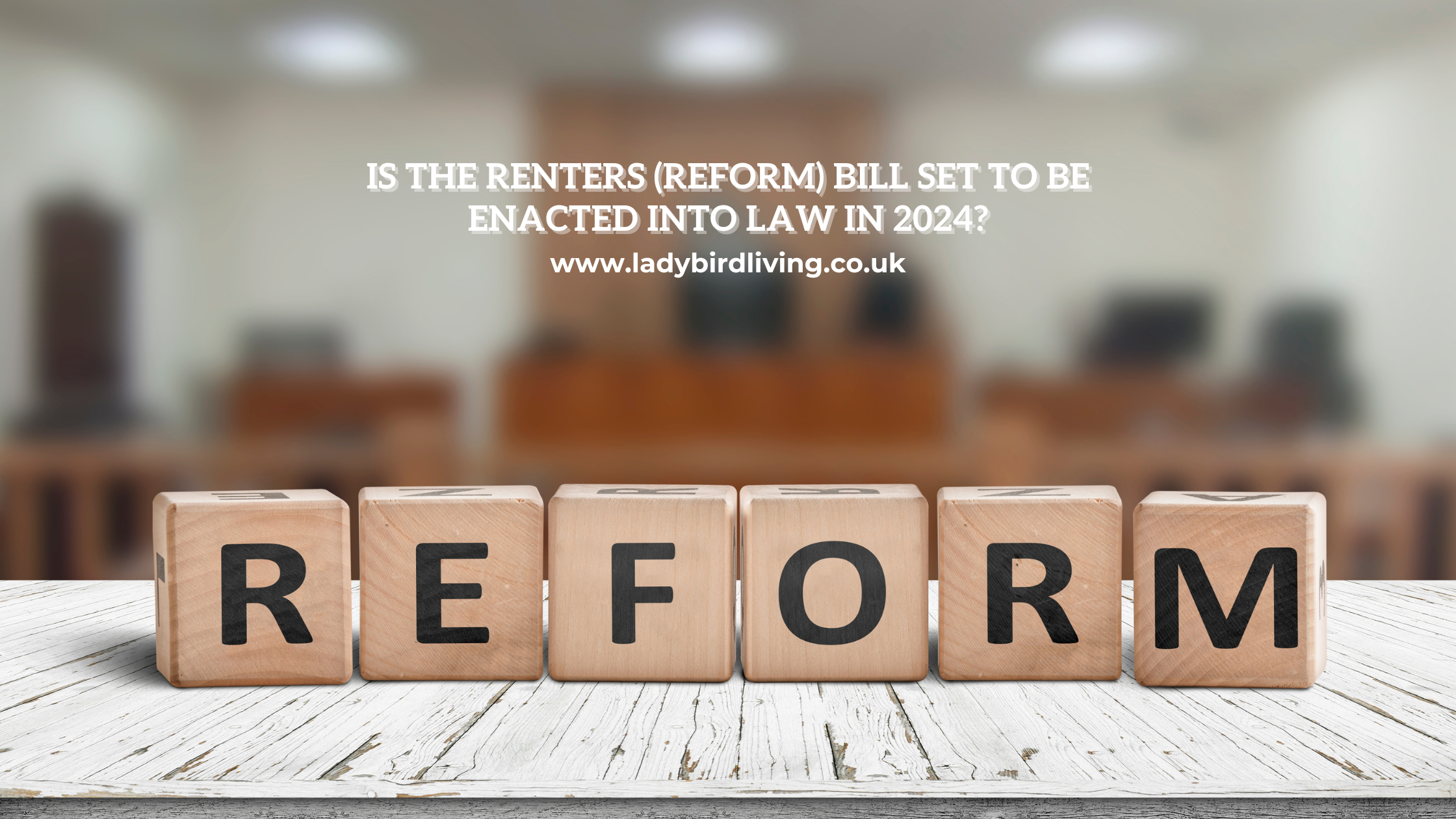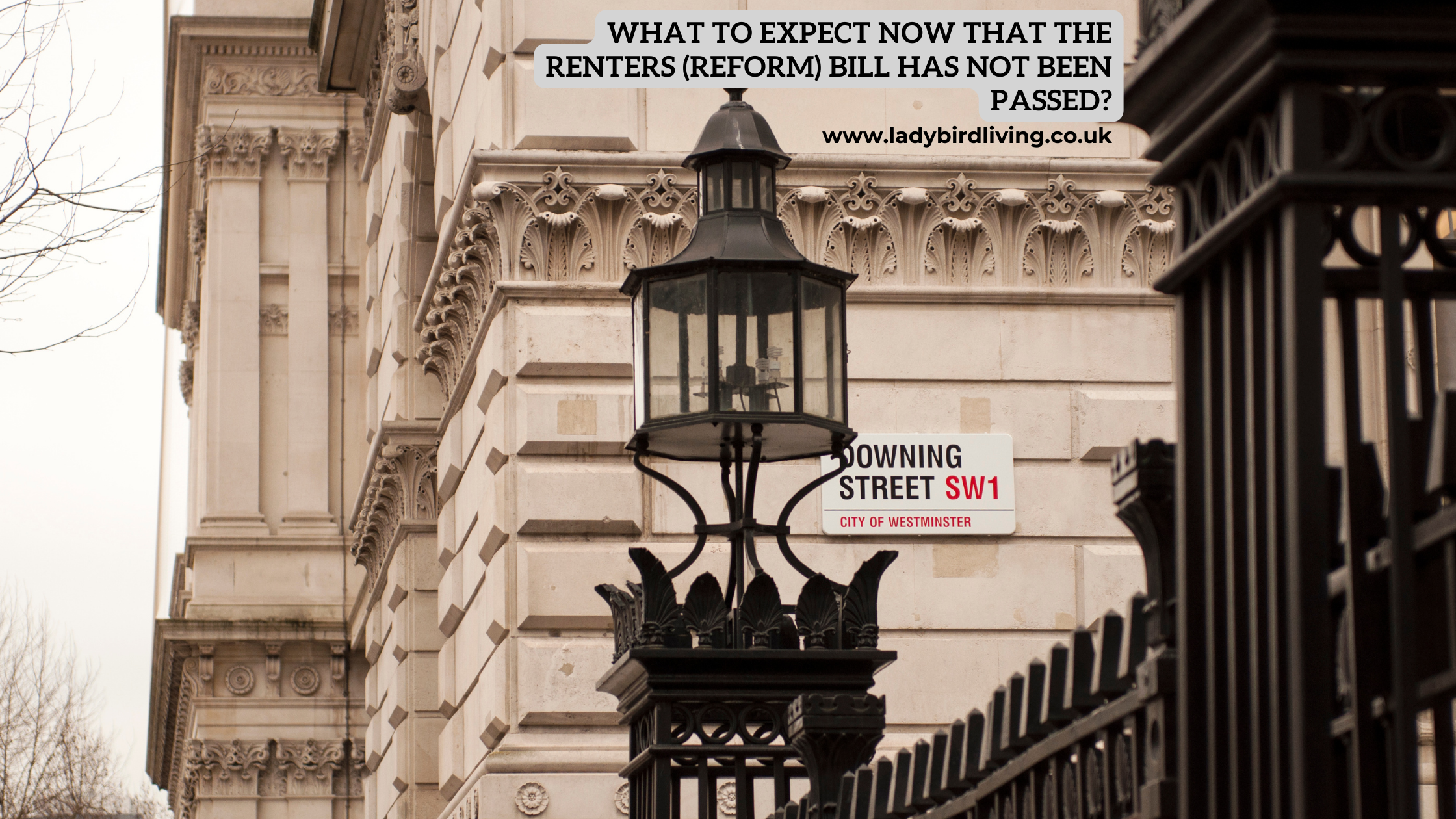
Is the Renters (Reform) Bill set to be enacted into law in 2024?
The Renters (Reform) Bill has been a hot topic in the lettings industry for the past few years. However, its actual passage before the general election remains uncertain.
The rental sector is facing unprecedented challenges, with repeated delays in the release of the Renters (Reform) Bill, a pivotal piece of legislation well-known in the property sector.
Observers have been eagerly awaiting the Bill, akin to waiting at a station for what seems like years. Will this be the year when the Renters (Reform) Bill finally departs from the platform? And what implications might arise if Labour assumes power?
The Bill is currently progressing through Parliament, having been introduced and is now under debate in the House of Commons. It must undergo similar scrutiny in the House of Lords before reaching the status of law.
The ability to evict anti-social tenants or those consistently missing rental payments will still be preserved.
The government’s commitment to abolishing Section 21 only after court reforms, which lack specific plans or budgets, offers reassurance to landlords concerned about the immediate removal of Section 21.
The Phased Approach:
Recent discourse in the media is shifting from the certainty of the Renters (Reform) Bill passing to the uncertainty of ‘if’ it will pass. This uncertainty arises due to the timing of the expected General Election, slated for the second half of 2024. The possibility of an early election might disrupt the Bill’s journey through Parliament.
Even if the Bill attains Royal Assent before the election, not all changes will come into effect immediately, leading to confusing timelines. The transition to rolling tenancies will occur in two stages, with the first stage applying to new tenancies and a second stage for existing tenancies, with dates yet to be determined.
Other aspects of the Bill, such as landlords joining an ombudsman or being registered on a property portal, will come into force at future dates determined by the Secretary of State for housing, allowing time for necessary appointments and digital processes.
Section 21 remains unclear, as these “no fault” evictions won’t be abolished until courts undergo reform, a process lacking defined plans and budgets. Concerns linger about whether the courts can handle the anticipated rise in cases, even with increased digitisation.
Labour Party Plans:
Labour has its own agenda for reforming the private rented sector, with a focus on abolishing Section 21 and introducing a form of the decent homes standard for the private sector, as outlined in the party’s National Policy Forum.
Labour’s Deputy Leader and Shadow Housing Secretary, Angela Rayner MP, publicly stated her intention to abolish Section 21 on “day one” after assuming office. However, specific details on Labour’s plans and timelines remain unclear beyond these general directions under consideration.
The information in this post is valid to the best of our knowledge on the date of posting. It is advised that you seek independent advice based on your individual circumstances.
T +44 (0)203 488 1488
Recent Posts






